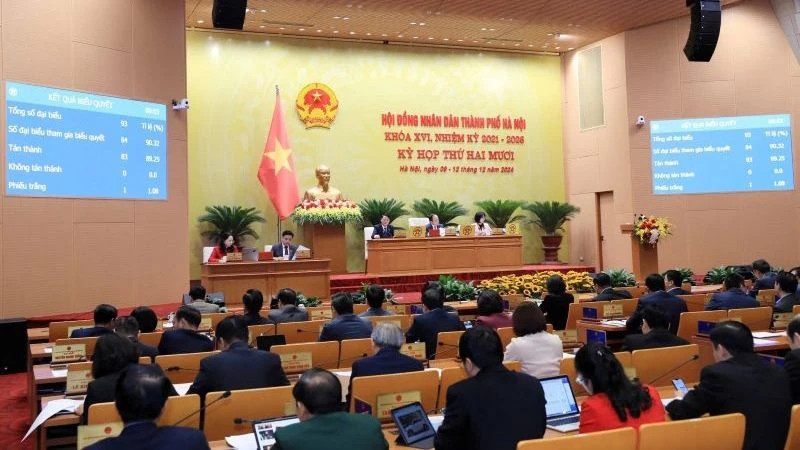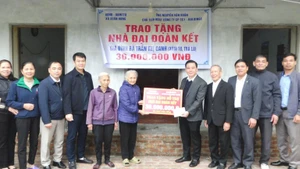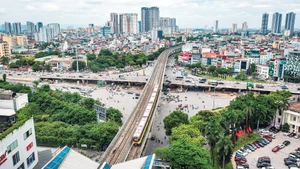LEZs will be implemented in areas designated for urban development with a focus on public transportation or regions with adequate road infrastructure to support appropriate traffic management. These zones must include systems to monitor emissions and evaluate reduction efforts and have the capacity to transition to cleaner transportation options.
Key measures to be applied within LEZs include allowing emission-free vehicles, environmentally friendly motor vehicles, and vehicles using clean energy to operate.
In addition, the LEZs will ban heavy diesel trucks and limit or prohibit vehicles that fail to meet emissions standards (Euro 4 for cars and Tier 2 for motorcycles) within specified hours or areas.
Fees will be proposed for vehicles emitting pollutants and policies will be built to support residents and businesses in transitioning from fossil-fuel-powered vehicles to cleaner alternatives.
Those areas will encourage investment in clean energy transportation infrastructure and raise public awareness of the importance of low-emission zones.
A pilot LEZ will be established in selected areas of Hoan Kiem and Ba Dinh districts in the 2025–2030 period. In the post-2031 period, all areas meeting the criteria specified in the resolution must implement LEZs.
LEZs will be prioritised in areas identified as protected zones or emission-restricted zones in Hanoi’s urban planning for 2030 and beyond. They will also include areas with severe traffic congestion or air quality that consistently fails to meet national standards, particularly for pollutants.
The resolution will take effect on January 1, 2025.
















